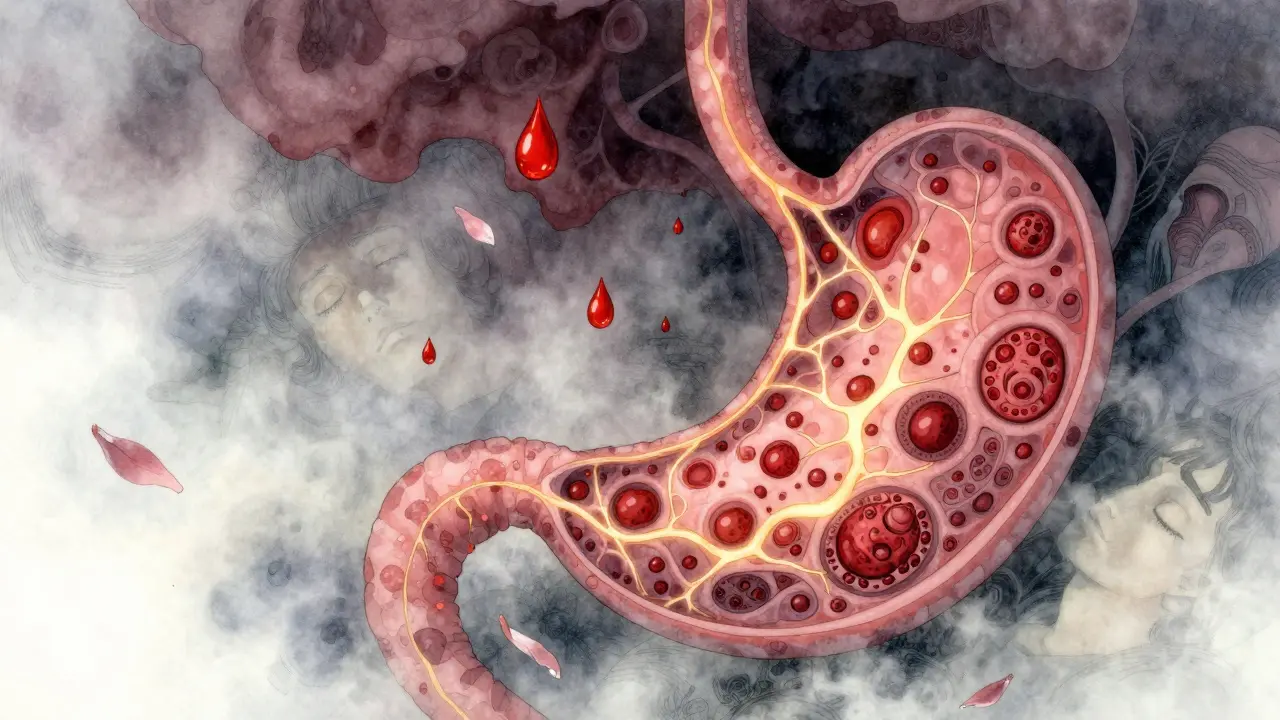When you feel that burning sensation rising from your stomach into your chest, you’re not just having a bad meal—you might be dealing with GERD, a chronic digestive disorder where stomach acid flows back into the esophagus, causing irritation and damage over time. Also known as gastroesophageal reflux disease, it’s not something you just ‘live with’—it’s a condition that needs real management. Unlike occasional heartburn, GERD happens at least twice a week for many people, and left untreated, it can lead to esophagitis, strictures, or even Barrett’s esophagus—a precursor to esophageal cancer.
What makes GERD stick around? It’s not just spicy food or coffee. While those can trigger symptoms, the root issue is often a weak lower esophageal sphincter—the muscle that normally keeps stomach acid where it belongs. Obesity, smoking, pregnancy, and even lying down too soon after eating can make it worse. And here’s something many don’t realize: diet, specific foods like chocolate, citrus, fatty meals, and carbonated drinks directly relax that sphincter or increase acid production. medications, including certain blood pressure drugs, antidepressants, and even some supplements can also worsen reflux by slowing digestion or relaxing muscles.
People often turn to antacids for quick relief, but those only mask the problem. Long-term solutions involve lifestyle changes—eating smaller meals, avoiding food 3 hours before bed, elevating the head of your bed, and losing weight if needed. For some, proton pump inhibitors (PPIs) or H2 blockers help, but they’re not risk-free. Studies show long-term PPI use can affect bone density, kidney function, and gut bacteria. That’s why knowing your triggers and working with a doctor to find the right balance matters more than popping pills daily.
The posts here don’t just list drugs or quick fixes. They show how GERD connects to other health issues—from thyroid medication absorption affected by soy, to how stress worsens inflammation in the gut, to how lifestyle choices like smoking and alcohol directly increase your risk of complications. You’ll find real-world advice on what works, what doesn’t, and how to spot when it’s time to go beyond OTC remedies. Whether you’re trying to cut back on meds, manage symptoms without surgery, or understand why your current treatment isn’t working, this collection gives you the facts—not the fluff.

